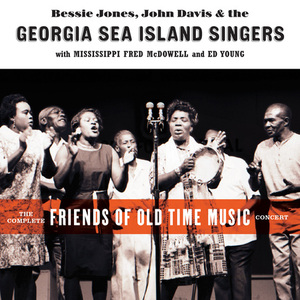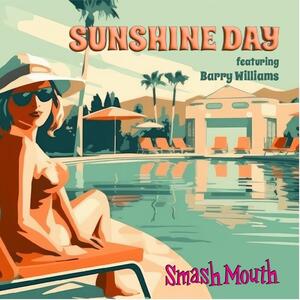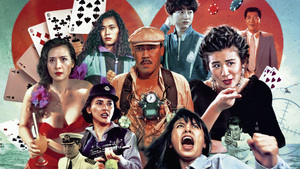King Hedley II
King Hedley II
By August Wilson
Directed by Anthony B Major
Starring Michael Sapp
Seminole State College, Lake Mary, FL</strong>
In this, the penultimate episode of the Pittsburg Cycle, August Wilson hauls us down into what’s left of the Urban Ghetto in the 1980’s. Jim Crow is a distant if still painful memory, those with enough resources have fled to the somewhat integrated suburbs, and what’s left in the ‘hood are those too old or too unskilled to escape. King (Sapp) hustles as he can, shooting craps is a viable career, selling hot major appliances is his bread and butter job, and bonus time comes from knocking off a local jeweler. Meanwhile his semi-sane neighbor Stool Pigeon (Dwayne Allen) quotes the Old Testament and wonders why he has to go farther and farther to get a loaf of bread. King’s Mother Ruby (Jami Thomas) waits for the city to buy out her property, and King’s wife Tonya (Beatrice Roberts) debates keeping his child. After all, how can she possibly feed it, and what legacy can King hand down? Slick Elmore (Joe Reed) arrives in town, flashes on Ruby and sells marginal fire arms to King’s buddy Mister (Roseny Mauger). We see four fire arms, and three of them are fired. All very Chekhovian.
This feels like the longest of Wilson’s productions, the dialog cycles back again and again to certain themes and words. King has planted a symbolic flower garden in dirt Ruby disapproves of, Elmore treads on the flowers and Stool Pigeon uses it to bury deceased Aunt Ester’s deceased cat. She was 366 this year, and her death as shock to everyone. While there’s curious lack of the drug trade, there’s as much symbolism as you care to analyze. Sapp’s black Everyman has lost his pride, his family and his neighborhood; only an odd knife cut that got him some time makes him stand out. Reed’s Elmore is slippery and a shadow of the street smart black hustlers of The Piano Lesson or Seven Guitars, he’s reduced to selling bad watches and cheap fire arms and his ultimate insult it to elope with Ruby and deny King a portion of the family homestead. Mauger’s Mister was quite as a good side kick, but Allan’s newspaper hoarding street preacher nearly stole the show with his Holy Roller cant. The women, while well played, were clearly an after-thought to the story; they offer the ideal of stability independent of their men. It’s clear the men have had a century of chances yet never really did what was right by them. Is Aunt Ester’s death the death of some ideal of a proudly independent people under subjugation, or is it the sign that assimilation is not only possible, but essential?
For more information on the Seminole State College Theater program, please visit http://www.seminolestate.edu/arts/theatre/boxoffice.htm












